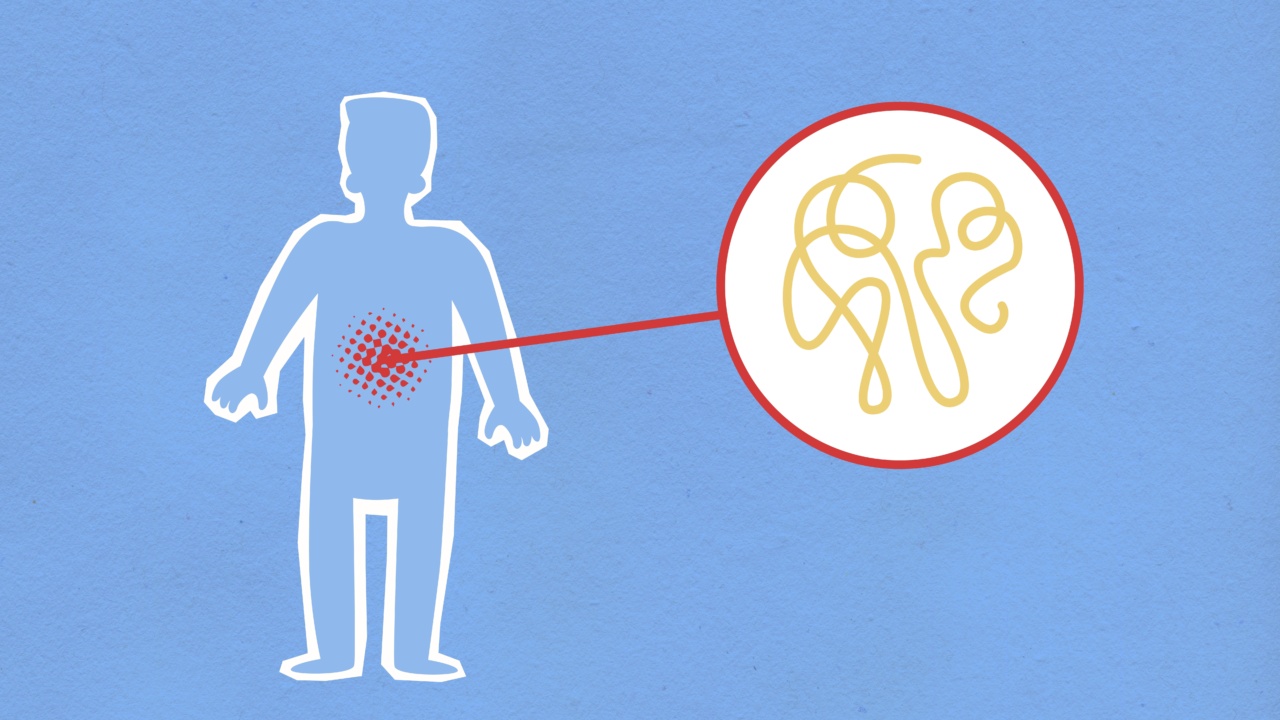Psychotherapy, also known as talk therapy, is a form of therapy that aims to improve mental health by treating emotional issues.
In recent years, research has shown that psychotherapy can also improve physical health by reducing inflammation in the body. In this article, we will explore how psychotherapy can lower inflammation in the body and promote overall well-being.
What is inflammation?
Inflammation is a natural response of the body to infection or injury. It is the body’s way of protecting itself by removing harmful stimuli and initiating the healing process.
However, when inflammation becomes chronic, it can lead to a host of health problems, such as asthma, arthritis, heart disease, and cancer.
How is inflammation measured in the body?
Inflammation can be measured in the body through blood tests that look for markers of inflammation, such as C-reactive protein (CRP) and interleukin-6 (IL-6). High levels of these markers are a sign of chronic inflammation in the body.
How does psychotherapy lower inflammation in the body?
Psychotherapy can lower inflammation in the body by reducing stress and improving emotional well-being.
Stress is a major contributor to chronic inflammation, and psychotherapy can help individuals better manage stress by teaching coping skills and improving relaxation abilities.
Studies have shown that individuals who undergo psychotherapy experience a reduction in markers of inflammation in the body.
For example, a study published in the Journal of Psychiatric Research found that psychotherapy reduced levels of CRP in individuals with depression. Similarly, a study published in the Annals of Behavioral Medicine found that psychotherapy reduced levels of IL-6 in individuals with chronic stress.
What types of psychotherapy are effective in reducing inflammation?
Several types of psychotherapy have been shown to be effective in reducing inflammation in the body, including:.
- Cognitive Behavioral Therapy (CBT): CBT is a type of therapy that focuses on changing negative thought patterns and behaviors. It has been shown to be effective in reducing inflammation in individuals with depression and anxiety.
- Mindfulness-Based Stress Reduction (MBSR): MBSR is a type of therapy that combines mindfulness meditation with yoga and other relaxation techniques. It has been shown to be effective in reducing inflammation in individuals with chronic stress and autoimmune disorders.
- Interpersonal Therapy (IPT): IPT is a type of therapy that focuses on improving relationships and communication skills. It has been shown to be effective in reducing inflammation in individuals with depression.
What are the other benefits of psychotherapy?
Psychotherapy has numerous benefits for mental health, including:.
- Improving mood and reducing symptoms of depression and anxiety
- Improving communication and relationship skills
- Reducing stress and promoting relaxation
- Improving self-esteem and self-confidence
Additionally, psychotherapy can have physical health benefits beyond lowering inflammation. For example, it has been shown to improve immune function and reduce the risk of heart disease.
Conclusion
Paying attention to your mental health can have a positive impact on your physical health as well. Psychotherapy is an effective tool for reducing inflammation in the body, and it can also have numerous other benefits for overall well-being.
If you’re struggling with emotional issues or chronic health problems, speak to a mental health professional about how psychotherapy can help.






























